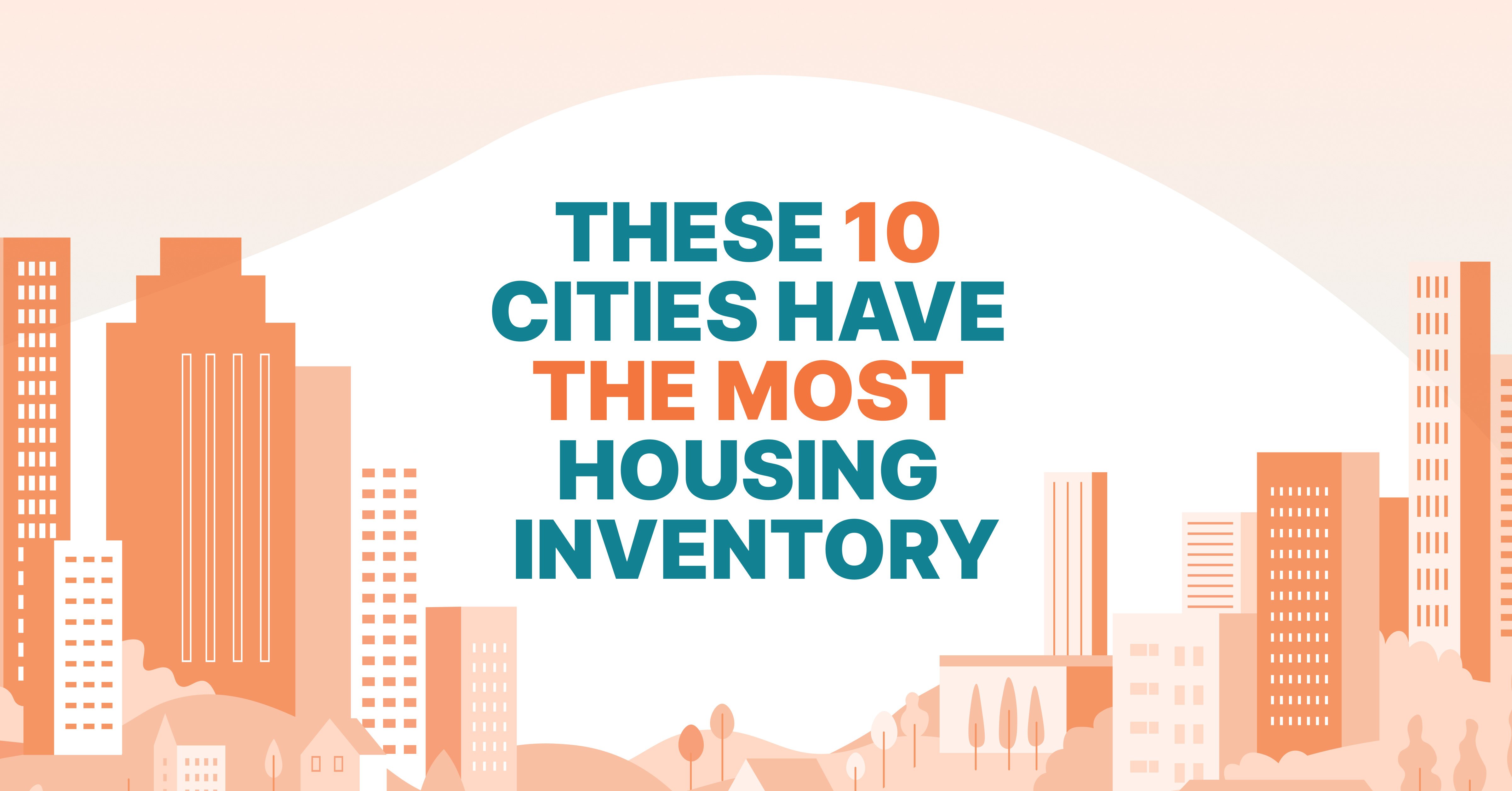Accessory Dwelling Units (ADUs) have become a transformative force in the real estate landscape, offering homeowners and investors new avenues for income generation and property enhancement.
As state and local regulations evolve to accommodate ADU growth, certain cities have emerged as pioneers for ADU construction.
Let us guide you through the top five cities that have embraced ADUs, creating an environment where these additional living spaces thrive!
Table of Contents |
|
1. Los Angeles, California
.png?width=1252&height=834&name=Untitled%20design%20(5).png)
In 2017, Los Angeles (LA) defaulted to the state of California’s ADU regulations. Under current laws, there are no owner-occupancy, minimum lot size, or parking requirements (as long as the property is within a half-mile of public transit). Plus, ADUs with less than 750 square feet of living area are exempt from impact fees.
LA even goes beyond California law by allowing detached ADUs to be up to 1,200 square feet and two stories tall.
Loosening regulations have led to an ADU boom. From 2017 to 2021, the number of ADU permits in LA increased by 202%. In 2021, ADUs accounted for about 22% of all planned new housing.
2. Portland, Oregon

In 1998, Portland eliminated ADU owner-occupancy requirements and the need to own a primary residence for five years before adding one. In 2010, the city suspended system development fees and eliminated them in 2018. By 2020, it legalized up to two ADUs in many areas and eliminated parking requirements.
As you might expect, ADU construction in Portland has benefitted. ADU permits grew from 112 in 2014 to 334 in 2018 before dropping off slightly. However, the latest reforms have again led to increased permits, which jumped by 34% between 2021 and 2022.
3. Seattle, Washington

In 2019, Seattle approved CB 119544, which authorizes up to two ADUs per lot, eliminates owner-occupancy rules, reduces minimum lot sizes, and eliminates ADU parking space requirements.
As a result, Seattle ADU permits went from 280 in 2019 to 988 in 2022—a 250% increase. Of those 988 ADU permits, over 650 were built, outpacing the construction of single houses for the first time.
4. Durham, North Carolina
.webp?width=730&height=486&name=durhamresized%20(1).webp)
Durham has a fairly straightforward ADU ordinance.
Residents can build one ADU on residential lots with one or two primary dwellings. ADUs can be attached or detached and up to 800 square feet. Additionally, they don’t require additional parking, a minimum lot size, or a special use permit. They can also be rented separately from the primary residence to long and short-term tenants.
According to the city, there are 253 detached ADUs included in the tax roll, and ADU permits have increased steadily since 2008.
5. Gainesville, Florida
.png?width=730&height=486&name=gainesville%20(1).png)
Home to the University of Florida, Gainesville allows up to two ADUs per residential lot per Ordinance #190988 passed in 2020. ADUs don’t require additional parking, owner occupancy, or a special permit. The city also dropped its requirement for an ADU’s style to be “consistent and compatible” with the primary dwelling.
As of September 2022, the number of ADU applications in the city had reached 37, which equals about three applications per month.
The Future of ADUs in the U.S.
As local ADU regulations continue to loosen, investors and agents would do well to explore deals that incorporate ADUs. Not only can it unlock potential rental income and appreciation, but financing and construction options for ADUs are growing:
- The Federal Housing Administration (FHA) now allows lenders to count income from ADU rentals when underwriting mortgages.
- The number of ADU designers and builders is growing. There are at least 100 different ADU professionals nationwide, including several ADU builders. Many stores are even offering prefab ADUs for easy addition and installation.
Before you add an ADU to a property, check your state and local ADU regulations and consult a legal professional.
Estimate Your ADU Addition With PropStream!
Are you considering adding an ADU to a property you already own? Or, are you looking for an ideal property to support an ADU? Let PropStream help!
Search over 155 million property records with over 120 filters to find a property that can accommodate your desired ADU type (e.g., search by lot size, HOA presence, specific home features like basement, garage, etc.).
Then, use our ADU calculator to estimate the cost of building an ADU.




